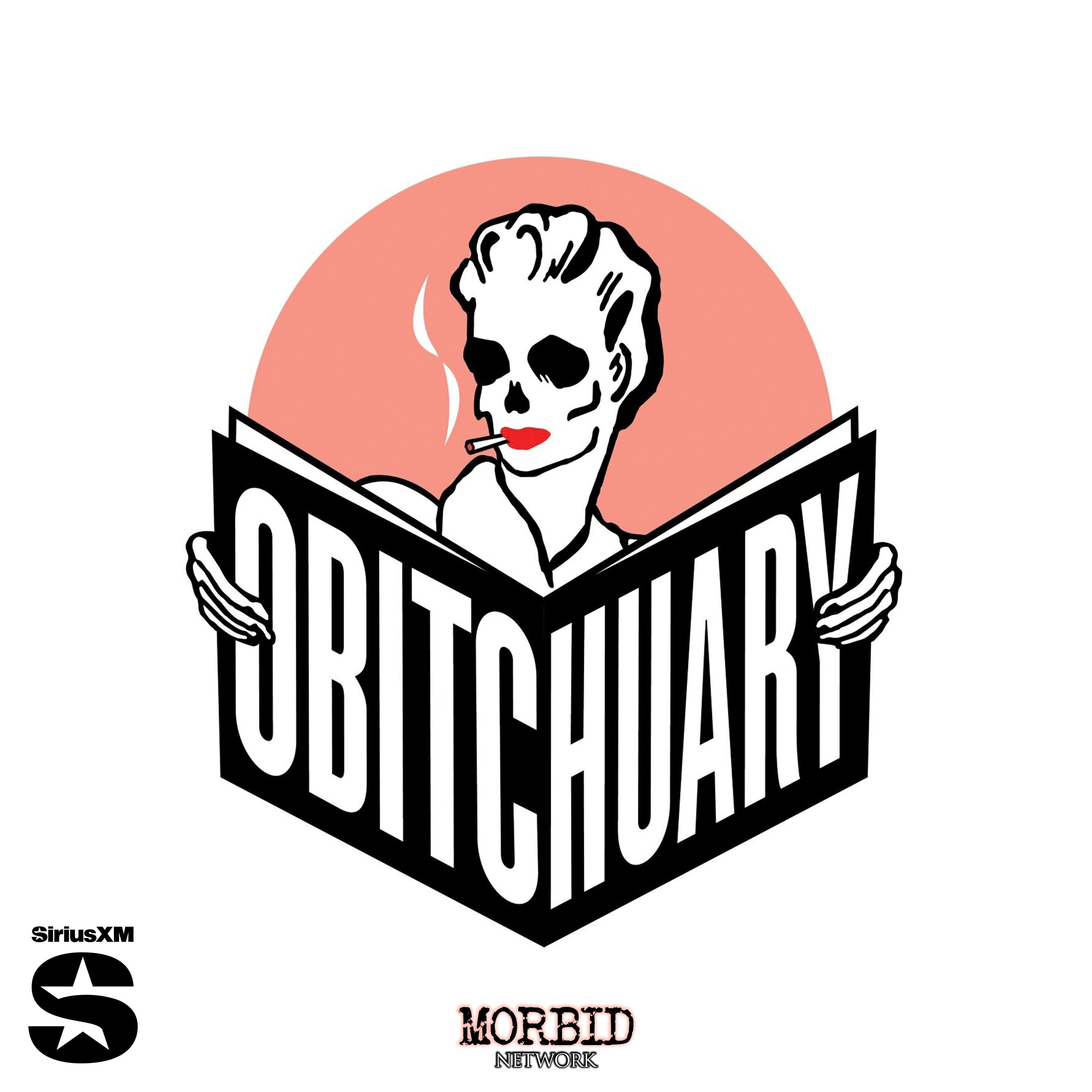
Yarns for the Soul
"Yarns" is a common way for New Zealanders to describe having a chat, a conversation. We might say 'I had a great yarn with Nicole the other day!'. For me, a yarn can go in many different directions, often including multiple tangents and side stories. It also involves having deeper discussions and diving into some vulnerability, before coming back up to a lighter level with some sarcasm or dark humour.
Yarns for the Soul was born out of a desire to champion more honest and vulnerable conversation (but also feel like you're sitting on a friend's couch with a cup of tea having a yarn with them- and that friend is me!).
I believe in the magic and power of story-telling, and everyone has stories that deserve to be shared with the world. We are all experts of our own lived experiences, and I hope by sharing these we can foster more curiosity and compassion for others and the world around us.
I yarn with my guests on a range of topics, often delving into subjects that are still considered socially taboo or not spoken about enough. In my mini-yarns, I also share parts of my own stories, and reflect on things that I'm learning while I continue to muddle my way forward and follow my nose!
...
If you'd like to get in touch, or follow my journey, you can find me over in Instagram @yarnsforthesoulnicole. See you there!
Yarns for the Soul
Episode 44- Colonial trauma and criminal justice: yarns on understanding the 'why', reparation, and the importance of connection to the land with Sarah
On this episode I am so grateful to be joined again by the incredible Sarah Salter-Kelly. She first joined me in Episode 38, so go back and check out that episode if you'd like to know more about Sarah's story and some context to this second yarn.
Sarah shares her journey towards forgiving her mother's murderer, and what she uncovered about colonial trauma in the criminal justice system during this process. Part of her healing looked like learning about the perpetrator's history as a First Nations person in Canada, connecting with his sister, and exploring restorative justice mechanisms. Sarah discovered that her mother's murder was really the result of on-going impacts of colonisation.
Sarah discusses how reparation of harm done and restorative justice requires us removing ideas of "us and them", acknowledging the humanity in perpetrators of crime. We need to lean in and be willing to understand the 'why' behind someone's actions, rather than giving people a label and choosing to look away.
We discuss the importance of connection with land in indigenous cultures in both Canada and New Zealand, and how the forcible removal of people from their cultural lands has had a lasting impact. Sarah also shares the importance of people of settler origin connecting with their own ancestral lands, as well as the land they now inhabit, as a way of moving towards healing.
To find out more about Sarah and the amazing work she is doing, check out her website or follow her over on Instagram @sarahsalterkelly.
Book recommendation: "My Grandmother's Hands: Racialized Trauma and the Pathway to Mending Our Hearts and Bodies" by Resmaa Menakem.
...
If you enjoyed this episode I would love to hear from you! Come and find me over on Instagram @yarnsforthesoulnicole.
Podcasts we love
Check out these other fine podcasts recommended by us, not an algorithm.

My Favorite Murder with Karen Kilgariff and Georgia Hardstark
Exactly Right and iHeartPodcasts
OBITCHUARY
Morbid Network
Unlocking Us with Brené Brown
Vox Media Podcast Network
Trauma Rewired
Elisabeth Kristof & Jennifer Wallace
The ADHD Adults Podcast
James Brown, Alex Conner and Sam Brown
Untapped
Briony McKenzie